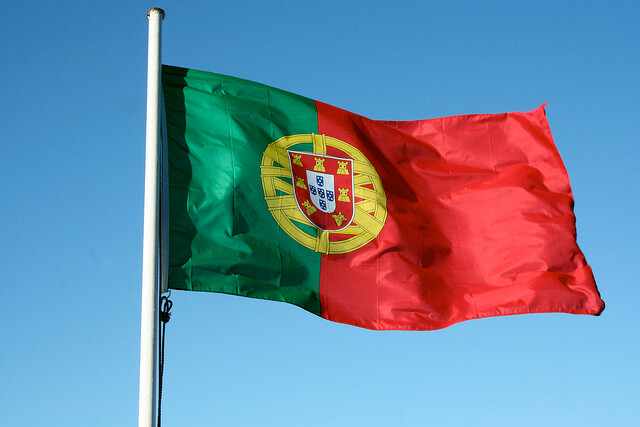Trade body calls for urgent action to tackle unlicensed gambling in Portugal

APAJO says unlicensed gambling presents an “imminent danger to user safety”.
UK.- The Portuguese online gambling and betting trade association APAJO has warned that the country is failing to tackle the issue of unlicensed gambling. Its annual Portuguese Online Gambling Habits Survey for 2024 suggests that 41 per cent of Portuguese players used unlicensed platforms, rising to 52.1 per cent for players aged between 18 and 34.
APAJO, which recently filed criminal complaints against social media influencers for promoting unlicensed sites, said that the main reason users chose unlicensed platforms was for higher bonuses, higher odds and a bigger range of games. On the other hand, of those who preferred licensed platforms, 61.3 per cent cited increased security and 37.3 per cent highlighted better customer support.
Some 90 per cent of the 1,000 respondents said they knew it was illegal for operators to offer gambling services without a licence in Portugal. Nevertheless, APAJO said four unlicensed operators were in the top 15 most-used online gambling platforms in the country.
APAJO president Ricardo Domingues said the situation represented an “imminent danger to user safety” and that licensed operators needed to work with lawmakers and the national gambling regulator to achieve a channelisation rate of at least 80 per cent.
He said: “At the moment, illegal operators are mostly shady businesses that blatantly try to exploit the ease with which they can reach Portuguese audiences while avoiding consumer protection rules and taxes. This type of organisation puts players at all kinds of risks, from their balances to their personal and financial data. They even engage in predatory behaviour towards vulnerable audiences.”
He added: “We must also not forget the tax revenues that are lost, which we estimate to amount to more than €100m. It is crucial to prevent these operators from promoting themselves through social networks, influencers and sponsored articles in the Portuguese media and from offering payment methods such as Multibanco and MBWay.”










